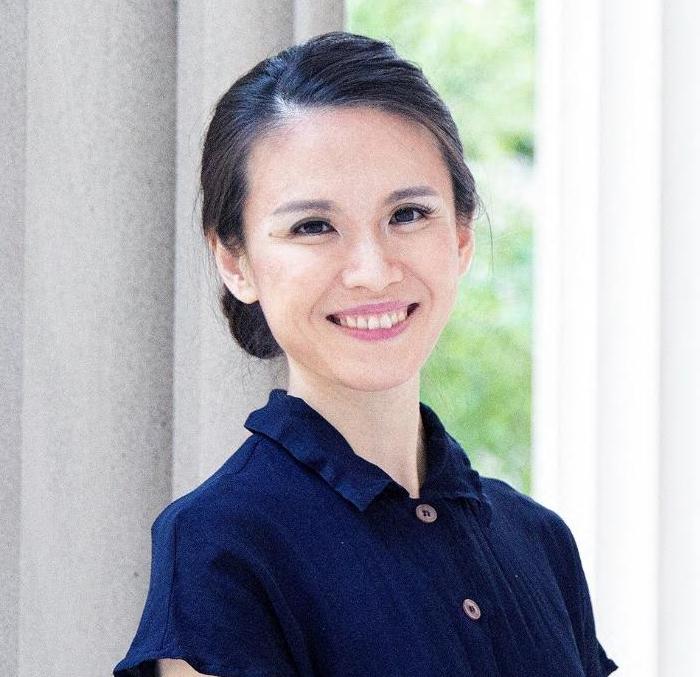CIRSS Speaker Series: Meicen Sun

Meicen Sun, an assistant professor in the School of Information Sciences at the University of Illinois Urbana-Champaign, will present, "Damocles' Switchboard: Information Externalities and the Autocratic Logic of Internet Control."
Meicen Sun is an assistant professor in the School of Information Sciences at the University of Illinois Urbana-Champaign. Her research examines the political economy of information, the geopolitics of data, and information policy. Her writings have appeared in academic and policy outlets, including International Organization, Foreign Policy Analysis, Harvard Business Review, World Economic Forum, and the Asian Development Bank Institute. She had previously conducted research at the Center for Strategic and International Studies and at the UN Regional Centre for Peace and Disarmament in Africa. Bilingual in English and Chinese, she has also written stories, plays, and music and staged many of her works -- in both languages -- in China, Singapore and the U.S. Sun served as a Fellow on the World Economic Forum's Global Future Council on China and is an affiliated faculty with MIT FutureTech. She holds an AB with honors from Princeton University, an AM with a Certificate in Law from the University of Pennsylvania, and a PhD from the Massachusetts Institute of Technology followed by a postdoctoral fellowship at Stanford University.
Abstract:
This paper advances a theory for the autocratic logic of internet control. Politically motivated internet control generates a positive externality for domestic data-intensive firms and a negative externality for domestic knowledge-intensive research entities. Exploiting a major internet control shock in 2014, I find that Chinese data-intensive firms gained 26 percent in revenue over other Chinese firms as the result of internet control. The same shock incurred a 10-percent decline in research quality from Chinese researchers, conditional on the knowledge-intensity of their discipline. It also reduced the research quality from Chinese researchers relative to their US counterparts by 22 percent in all disciplines. Due to the positive data externality, internet control enacted to prevent domestic threats challenges the state’s competing need for data sovereignty against foreign threats. Meanwhile, the state shields certain foreign knowledge-intensive actors from the negative knowledge externality to avoid the immediate economic costs they might otherwise impose. Qualitative evidence supports both implications, highlighting the centrality of short-term interests and foreign actors in autocratic decision-making.
Paper forthcoming in International Organization.
About the speaker series:
The CIRSS Friday Speaker Series continues in Fall with a new theme of "Studying Science Scientifically: State of the Art and Prospects for the Science of Science.” With increasingly rich data sources, exciting new technologies for understanding natural language, and modeling methodologies adapted from diverse domains of scholarship, the opportunities to observe, measure, and model the structure and dynamics of the scientific enterprise abound as never before. We are inviting some of the leading thinkers and most innovative researchers to present at this talk series to illustrate the breadth of advances that have been made, and the many more yet to be made.
We meet most Fridays, 11am-noon Central time, on Zoom. Everyone is welcome to attend. More information, including upcoming speaker schedule and links to recordings, is available on the series website. For weekly updates on upcoming talks, subscribe to our CIRSS Seminars mailing list. Our Fall series is led by Timothy McPhillips and Yuanxi Fu, and supported by the Center for Informatics Research in Science and Scholarship (CIRSS) and the School of Information Sciences at the University of Illinois at Urbana-Champaign.
This event is sponsored by Center for Informatics Research in Science and Scholarship